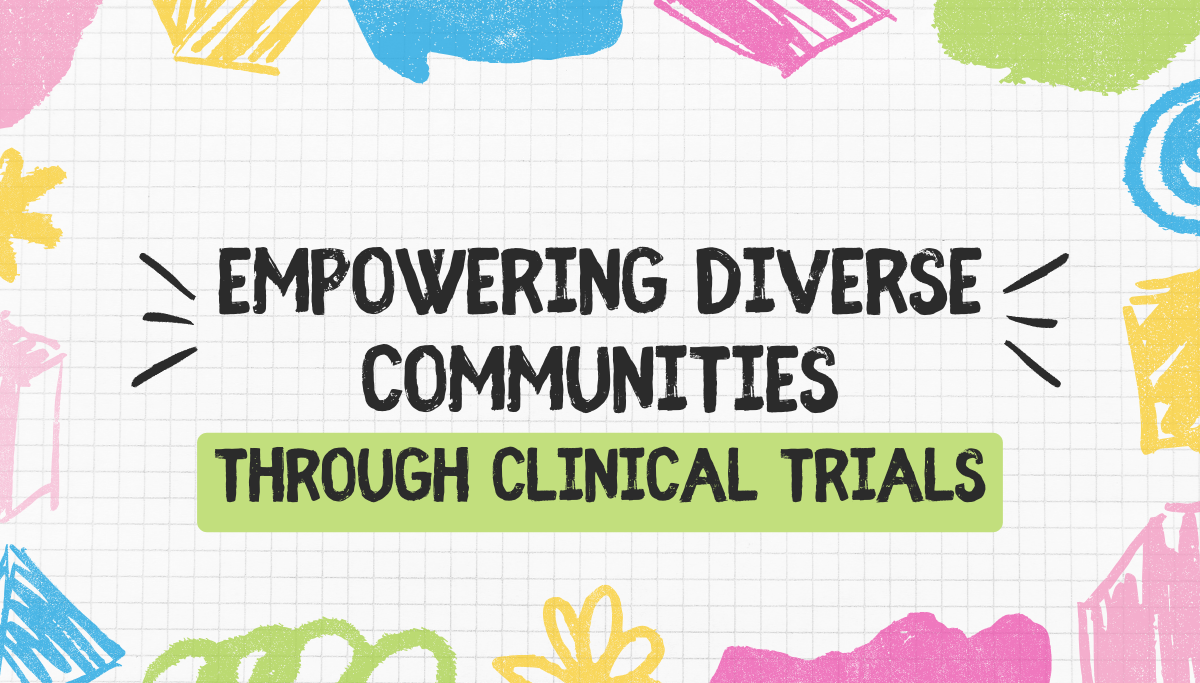Empowering Diverse Communities Through Clinical Trials
Clinical trials play a pivotal role in advancing medical research and developing new treatments and therapies for a wide range of health conditions. However, for these trials to be truly effective and impactful, it’s essential that they include participation from diverse communities. By empowering individuals from different backgrounds to participate in clinical research, we can ensure that healthcare innovations are accessible and beneficial to all. In this article, we’ll explore the importance of diversity in clinical trials and the ways in which they can empower underrepresented communities.
Addressing Health Disparities
Diverse communities often face unique health challenges and disparities that may not be adequately addressed in traditional medical research. By actively involving individuals from diverse backgrounds in clinical trials, researchers can gain insights into the specific needs and experiences of these communities. This, in turn, can lead to the development of more tailored and effective treatments that address the underlying causes of health disparities.
Improving Healthcare Access
Participating in clinical trials can provide individuals from diverse communities with access to cutting-edge treatments and therapies that may not otherwise be available to them. By actively recruiting participants from underrepresented groups, researchers can ensure that the benefits of medical innovation are distributed equitably. Additionally, clinical trials offer opportunities for individuals to receive expert medical care and support, regardless of their socioeconomic status or background.
Building Trust and Engagement
Historically, diverse communities have been underrepresented in clinical research due to a variety of factors, including mistrust of the healthcare system and cultural barriers. However, by actively engaging with these communities and fostering trust and transparency, researchers can overcome these challenges and encourage participation in clinical trials. Building strong relationships with community organizations, religious institutions, and local leaders can help ensure that clinical trials are accessible and welcoming to individuals from all backgrounds.
Promoting Health Equity
Participating in clinical trials empowers individuals to take an active role in managing their health and contributing to medical advancements that benefit their communities. By including diverse participants in research studies, we can work towards achieving greater health equity and closing the gap in healthcare outcomes. Additionally, the data generated from diverse clinical trials can inform policies and interventions aimed at addressing health disparities on a broader scale.
Empowering diverse communities through clinical trials is essential for advancing medical research and improving healthcare outcomes for all. By actively involving individuals from different backgrounds in research studies, we can ensure that treatments and therapies are effective, accessible, and inclusive. If you’re interested in participating in a clinical trial, consider reaching out to us at neighborhoodtrials.com learn more about opportunities in your area.
